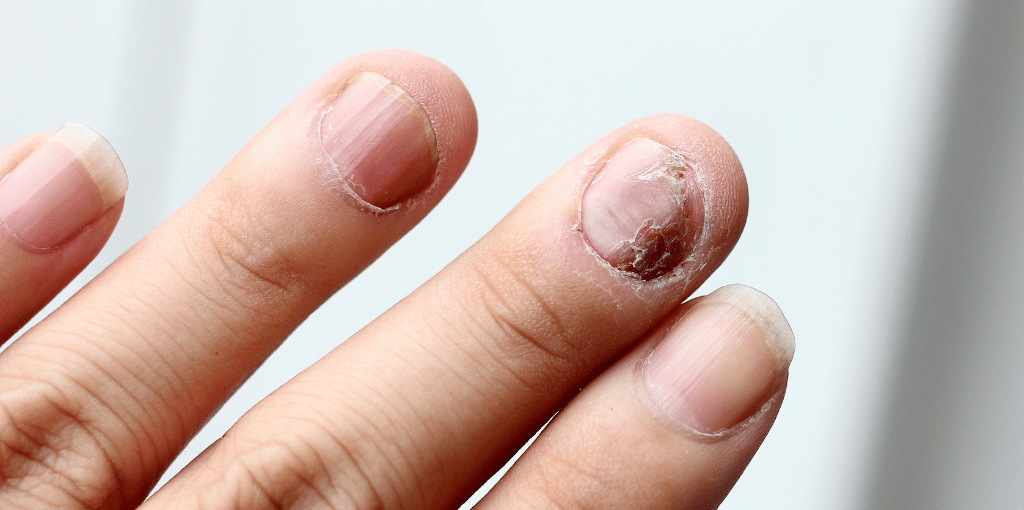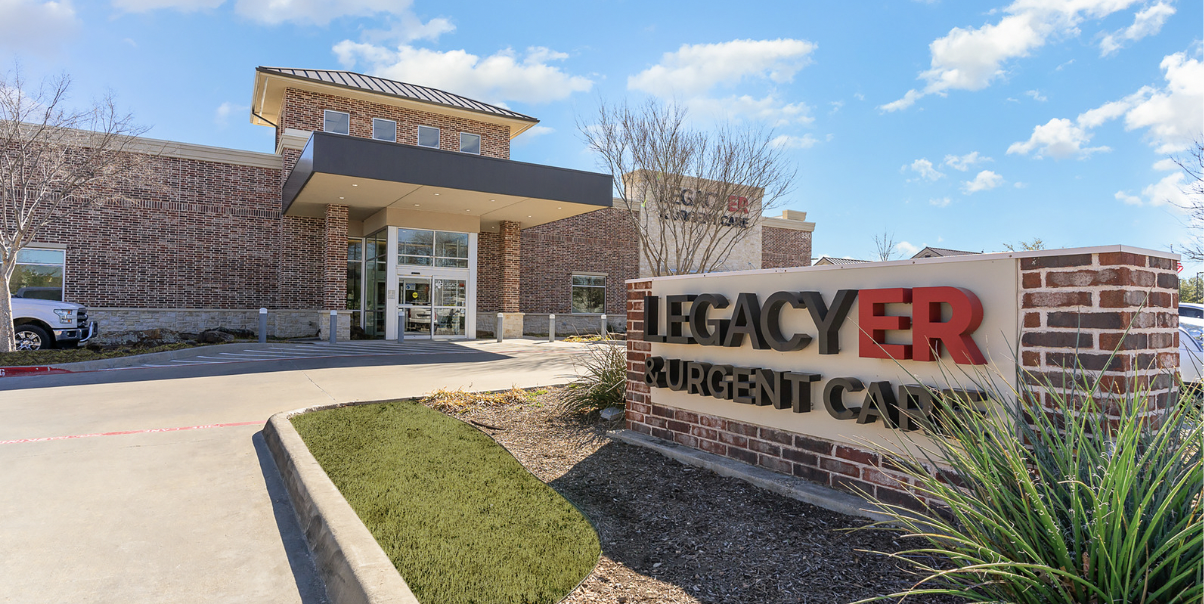Fungal Infection: Diagnosis and Treatment - Legacy ER
- Category: Conditions
- Posted On:
- Written By: Jay Woody

Fungal infection is also known as mycosis. It is a disease caused by fungi and is present in three different ways:
- Superficial fungal infection
- Subcutaneous fungal infection
- Systemic fungal infection
Fungal Infection Symptoms
Superficial fungal infections affect the skin, nails, and mucous membranes. These infections include:
- Onychomycosis (nail infections)
- Candidiasis (oral thrush and yeast infections)
- Ringworm (athlete’s foot, jock itch, etc.)
- Tinea versicolor (skin discoloration)
Superficial and subcutaneous fungal infections share symptoms. These include thick, cracked nails, rash, itchy skin, white patches in the mouth, or lumps under the skin.
Systemic fungal infections affect the lungs, brain, intestinal tract, and sinuses. The most common symptoms include coughing, fever, shortness of breath, joint pain, headache, nausea, vomiting, sweating, abdominal pain, and congestion.
Causes of Fungal Infections
Hundreds of fungi exist in the environment at any given time. Healthy people may not get sick when exposed to fungi. However, those with a weak immune system can be susceptible to illness from fungi. When a new type of fungi invades an environment, it may also affect healthy people.
Molds, yeasts, and other fungi can spread quickly in damp places like showers or from taking antibiotics. Infected people or animals also spread fungal infections.
Diagnosing a Fungal Infection
When diagnosing a fungal infection, a doctor will take samples of the affected area. These may include skin, blood, sputum, nails, urine, eye secretions, and CNS fluid.
The doctor will request a CT scan, MRI, or X-ray in case of systemic infections.

Treatment for a Fungal Infection
Treatment for a fungal infection depends on its severity. Superficial fungal skin infections are treated with topical ointments, creams, and oral medication such as ketoconazole.
Subcutaneous fungal infections require antifungal agents. In severe cases, surgical excision is the only option to rid the body of infection.
Antifungal medications can treat systemic fungal infections, but it depends on the affected organ. These medications stop the infection from spreading. This treatment is given orally or via an IV.
When fungal infections invade the lungs, they may cause blood clots. Surgery is often the only way to remove blood clots.
Preventing a Fungal Infection
Fungal skin infections are preventable by wearing breathable shoes, cutting toenails correctly, and not walking barefoot in public showers or locker rooms.
Washing hands helps prevent systemic fungal infections such as invasive candidiasis. It may also help to check for signs of infection during a hospital stay, primarily if a catheter or IV is used.
Invasive candidiasis causes severe complications, including endocarditis which can take weeks to treat. It can also be fatal.
Visit Legacy ER & Urgent Care for Fungal Infection Treatment
Legacy ER & Urgent Care is here to meet your medical care needs by providing affordable pricing and quality care. As part of Intuitive Health’s innovative hybrid model ER and urgent care system, patients are only billed for the level of care they receive from professional and highly trained medical staff. With six facilities located in the Dallas-Fort Worth metroplex, emergent and non-emergent care are accessible and transparent, focusing on superb customer service.

Legacy ER & Urgent Care has six convenient locations in the DFW area:
- Allen – Legacy ER & Urgent Care is located at 1310 W. Exchange Pkwy Allen, TX 75013, and may be reached at 972-526-5819.
- Coppell – Legacy ER & Urgent Care is located at 330 S Denton Tap Rd Coppell, TX 75019 and may be reached at 469-702-9917.
- Frisco East – Legacy ER & Urgent Care is located at 16151 Eldorado Pkwy Frisco, TX 75035 and may be reached at 972-526-7009.
- Frisco West – Legacy ER & Urgent Care is located at 9205 Legacy Dr. Frisco, TX 75033, and may be reached at 972-526-7020.
- McKinney – Legacy ER & Urgent Care is located at 2810 Hardin Blvd McKinney, TX 75072 and may be reached at 972-573-6688.
- North Richland Hills – Legacy ER & Urgent Care is located at 8950 N. Tarrant Pkwy North Richland Hills, TX 76182, and may be reached at 817-663-1247
